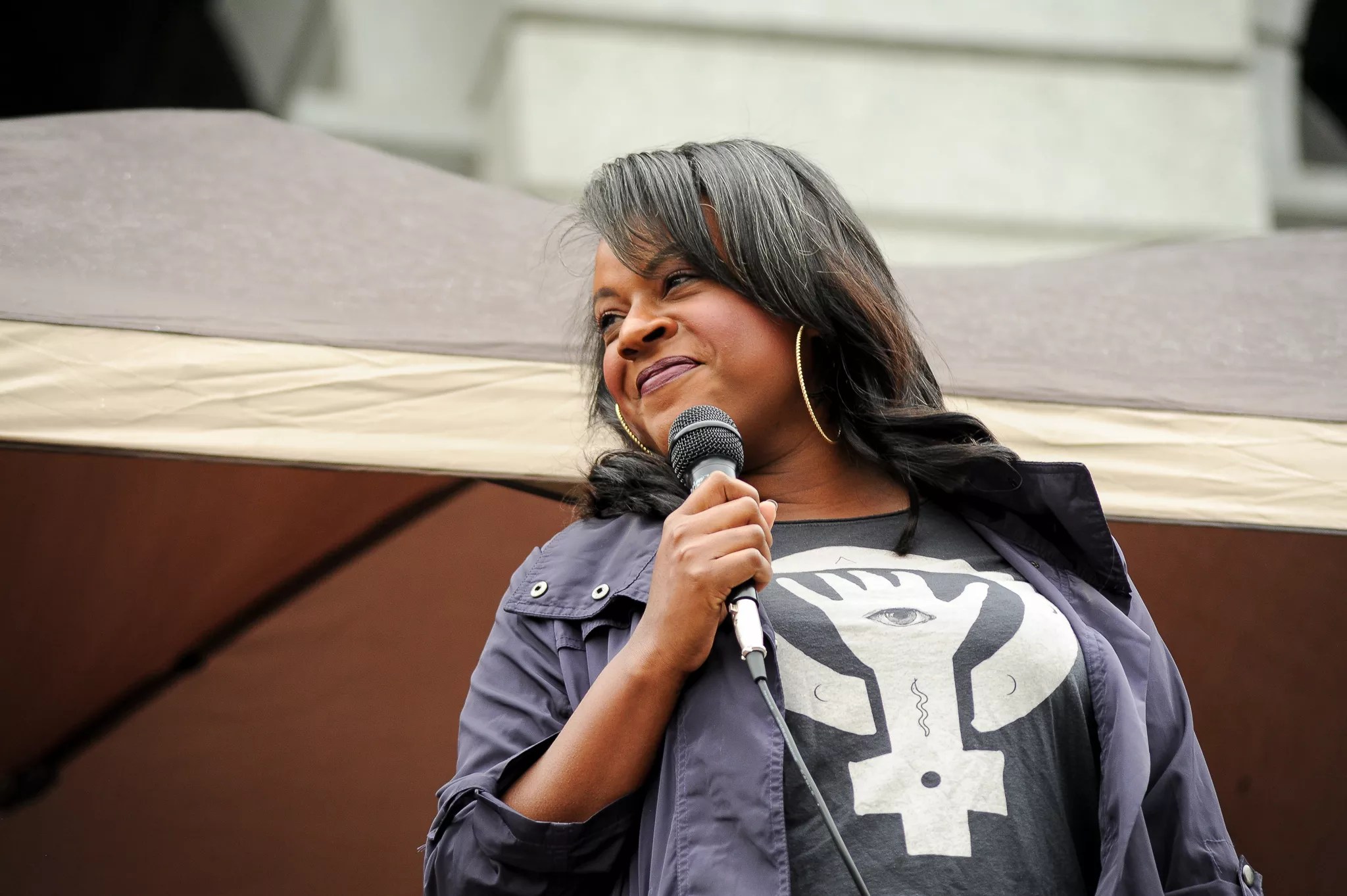
Erin McCarley

Audio By Carbonatix
On the night that a Minneapolis police officer pressed his knee into George Floyd’s neck for over eight minutes, a police spokesperson told reporters that Floyd had died after a “medical incident.” It only took one cell-phone video to reveal that the spokesperson’s statement was the euphemism of all euphemisms, as evidenced by the fact that the police officer is now facing a second-degree murder charge for his role in the “incident.”
But while videos quickly debunked the official version of Floyd’s death, there often isn’t independent information to counter a law enforcement account of what happened during a use-of-force incident.
In Colorado, that issue is compounded by the fact that often there isn’t even a contemporaneous law enforcement account; increasingly, police agencies are going dark on their radios. Law enforcement agencies say that having an open and accessible radio frequency both endangers the lives of officers and exposes sensitive information about victims; as a result, the police departments of both Aurora and Denver encrypt their radios.
But Representative Leslie Herod, a prominent Denver Democrat who championed a sweeping police reform bill that passed out of the Colorado Legislature in June and is now law, isn’t buying that explanation any longer. SB 217 made body cameras mandatory for police officers, and now she’s ready to pull police scanners that have gone dark back into the light.
“I think what’s really highlighted it for me has been understanding the body-cam issue and understanding policing more, especially around these protests,” Herod explains. “I’ve lost faith in police departments to be straightforward.”
Herod has committed to work with Representative Kevin Van Winkle, a Highlands Ranch Republican, on a law enforcement radio encryption bill in the 2021 legislative session.
“Members of the public have the right to know what’s happening in our communities,” Van Winkle, who declined an interview request, told Westword previously. “We have a government by and for the people. They work for the public, not the other way around.”
For the past three years, Van Winkle has tried to limit law enforcement radio encryption and create a mechanism for newsrooms to gain access to police scanners. His efforts have failed in committee, despite having a Democratic co-sponsor for the 2020 version of the bill. During the committee hearing on that proposal, journalists said that they were judicious in what they used while listening to police scanners and didn’t simply tweet out every revealing detail. But lawmakers still sided with law enforcement agencies, many of whom lobbied hard against the bill.
Herod says radio encryption hadn’t been one of her top issues before, and she’d been neutral on the matter. Now, she notes, “It’s become more glaring and something I need to address.”
If Herod and Van Winkle are successful in getting a radio encryption bill through the legislature, it will take pressure off of newsrooms that have had to negotiate individually with law enforcement agencies to gain access to some information.
In 2019, the Denver Police Department’s radio went dark after news outlets couldn’t work out a deal with the city, which wanted to hold them accountable if lawsuits resulted from their reports containing scanner information; Denver also wanted the city’s auditor to have access to any journalistic work connected to scanner reports.
In response, Van Winkle’s 2020 bill proposed requiring law enforcement agencies to establish policies allowing access to encrypted radio communications while not “imposing unreasonable and burdensome limitations” on news outlets and members of the public, a reference to the two requirements that Denver had wanted. The bill also would have allowed police to encrypt tactical communications, so that, for example, someone taking a hostage wouldn’t be able to listen to the police radio and know exactly when the SWAT team was going to break down a door.
Police departments, which lobbied heavily against previous versions of the bill, will no doubt argue against any proposal in 2021, saying that they’re being transparent because they tweet about an incident or send out a press release. But that’s not all a reporter needs.
“That’s not in real time,” points out Jeff Roberts, the executive director of the Colorado Freedom of Information Coalition. “They’re not putting the information all out there, or maybe they put it out a day or two later. It’s not the same as knowing what’s happening in real time, or knowing what questions to ask or where to send a reporter to ask questions and talk to the community.”
Roberts, a former reporter, sees Herod’s commitment to the bill as “very promising.”
“She’s a very passionate advocate for the issues she believes in,” he says, “so it’s great to have that passion focused on this issue.”